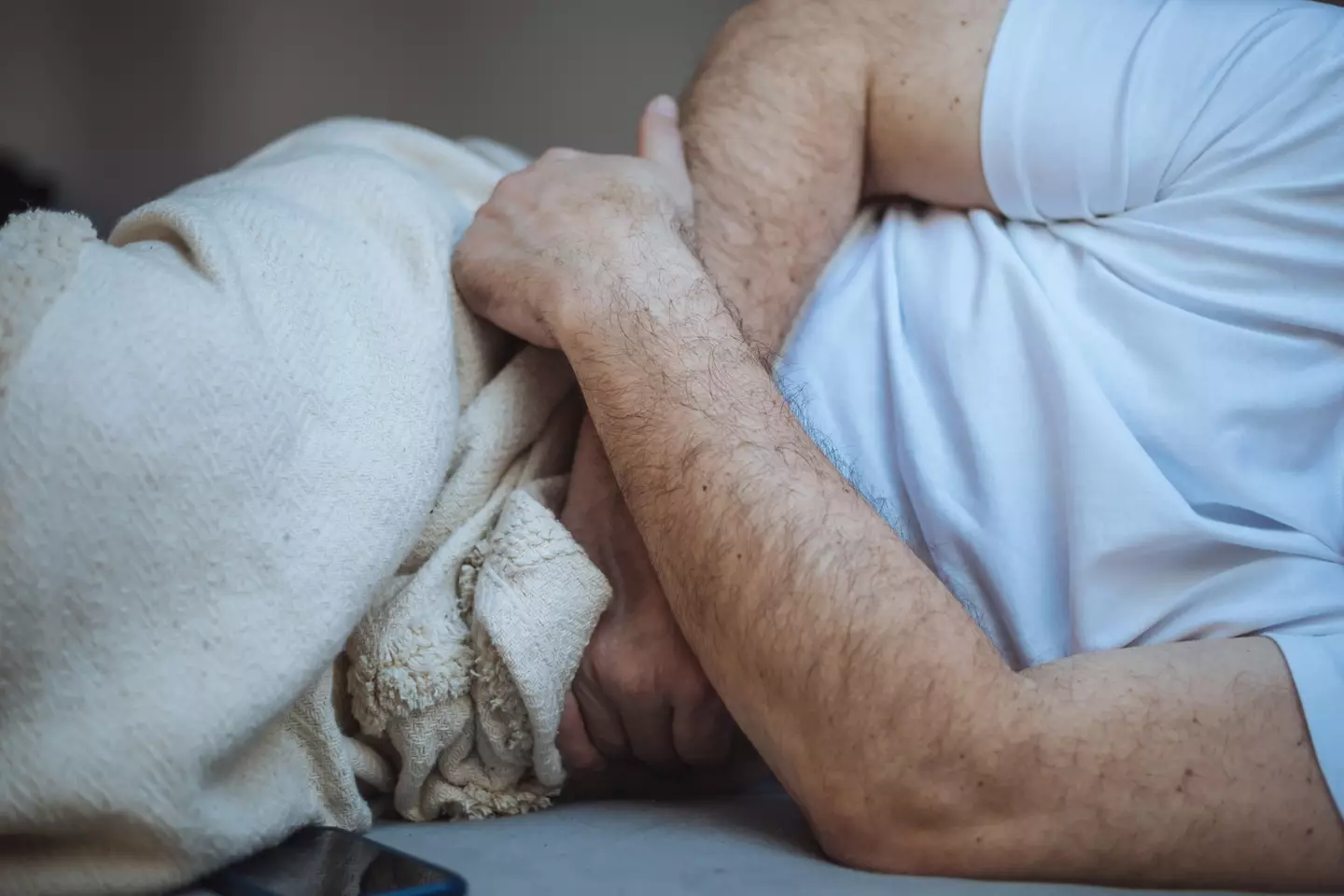
Here is the NHS guidance on how to deal with the brutal winter illness currently sweeping through the UK.
Colder months are only just beginning however Brits are already being warned about the infamous and highly contagious ‘winter vomiting bug’ which is back with a vengeance – despite the relatively mild autumn temperatures.

Ah, the joys of winter (Getty Stock Images)
The virus we’re referring to is of course norovirus, with epidemiologists currently warning that cases are currently higher than usual for this time of year.
In fact, between 23 September and 6 October laboratory reports of the illness were more than double the average for the same two-week period over the past five years.
What is norovirus?
Better known as either the ‘winter vomiting bug’ or the ‘diarrhoea and vomiting bug’, norovirus is a pretty grim bug that can last for around 48 hours and bring a whole host of unpleasant symptoms. These include nausea, diarrhoea and, of course, vomiting.
Other symptoms also include a high temperature, headaches and aches throughout your body.
Symptoms are also believed to start around one to two days after exposure, which means you may have been infectious without even realising it.
How do I treat norovirus?
The majority of norovirus cases can be treated at home with plenty of rest and fluids, in order to combat dehydration from the liquids currently making their way out of both ends.

Norovirus can be a brief but very unpleasant bug (Getty Stock Images)
Painkillers can also help to ease aches and pains, while it’s also advised to stick to plain foods and not eat too much at once in order to avoid upsetting your stomach.
If you’re feeling lousy with norovirus it’s unlikely that you’ll want to get out of bed, which is a good thing because expert advice urges anyone infected to spend the next 48 hours away from work or school in order to avoid infecting others.
Don’t try and tough it out, as your colleagues won’t be happy if you make them all sick as well.
However this is something we should all have lots of practice with, given the pandemic.
Explaining the importance of the ’48-hour rule’ UK epidemiologist Amy Douglas said: “To help reduce the spread of the infection, if you have diarrhoea and vomiting, take steps to avoid passing the infection on.

Your co-workers won’t thank you for bringing this one in (Getty Stock Images)
“Do not return to work, school or nursery until 48 hours after your symptoms have stopped, and don’t prepare food for others in that time either. If you are unwell, avoid visiting people in hospitals and care homes to prevent passing on the infection in these settings.”
Perhaps the most important piece of advice Douglas shared was that hand sanitiser is ineffective against norovirus and urged people to wash their hands thoroughly with soap and warm water.